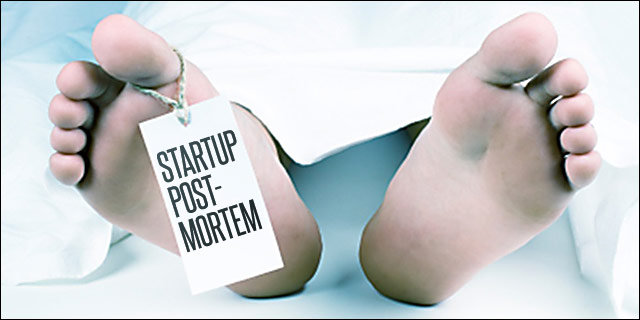 This post is from Emily Bennington, author of Effective Immediately: How to Fit In, Stand Out, and Move Up on Your First Real Job. Emily can be found on Twitter @EmilyBennington or via email ebennington@msn.com.
This post is from Emily Bennington, author of Effective Immediately: How to Fit In, Stand Out, and Move Up on Your First Real Job. Emily can be found on Twitter @EmilyBennington or via email ebennington@msn.com.
Etiquette. It’s a subtle art, but one that has significant importance throughout your career. And, in light of the recent discussion on customer service, it seems common courtesy is needed now more than ever.
If you’re reading this blog, you are trying to build a name for yourself. You probably don’t have a lot of work product to stand on yet, so you’re being judged by others on “soft skills” like manners. What are the rules? Here’s a (very) short list everyone should know:
- Avoid gossip.
- Stand (and shake hands) when being introduced or when your boss/client enters the room for a meeting.
- Never miss an opportunity to send a thank you note.
Other than that, when trying to please your clients, the most courteous thing you can do is to be responsive. You should make every effort to respond to all emails and phone calls by the close of business – if only to say that you received the message and will follow-up soon.
When trying to please your boss, all of the above rules apply PLUS a cold-turkey avoidance of Facebook, Twitter, LinkedIn, and other networking sites on the job. Unless you’re responsible for the web presence of your organization, it’s best to save the social media for after hours. It amazes me that every day I receive Facebook emails from friends with comments on photos or old status updates. I’m all for a quick sanity break every once in a while, but if you’re spending more than 10-15 minutes on Facebook at work, it’s rude and it will cost you down the line.
That’s because at this stage in your career, it’s critical to be a grinder and focused on learning the technical skills that can propel you to a leadership level. Once you get there, however, the script changes and the soft skills become a bigger factor in your success. Master the art of etiquette now, and it may save you from learning the hard way later.



